For many, its allure is probably linked to a collective imagination in which the stories of the “Thousand and One Nights” from childhood memories are interwoven. For others, it is the place that captures all the senses, seduces you with its intimate charms, strikes you with its shimmering colors and the intoxicating fragrance of spices that fill the air, and transports you with the chanting of the daily Muslim call to prayer and keeps you coming back for more.
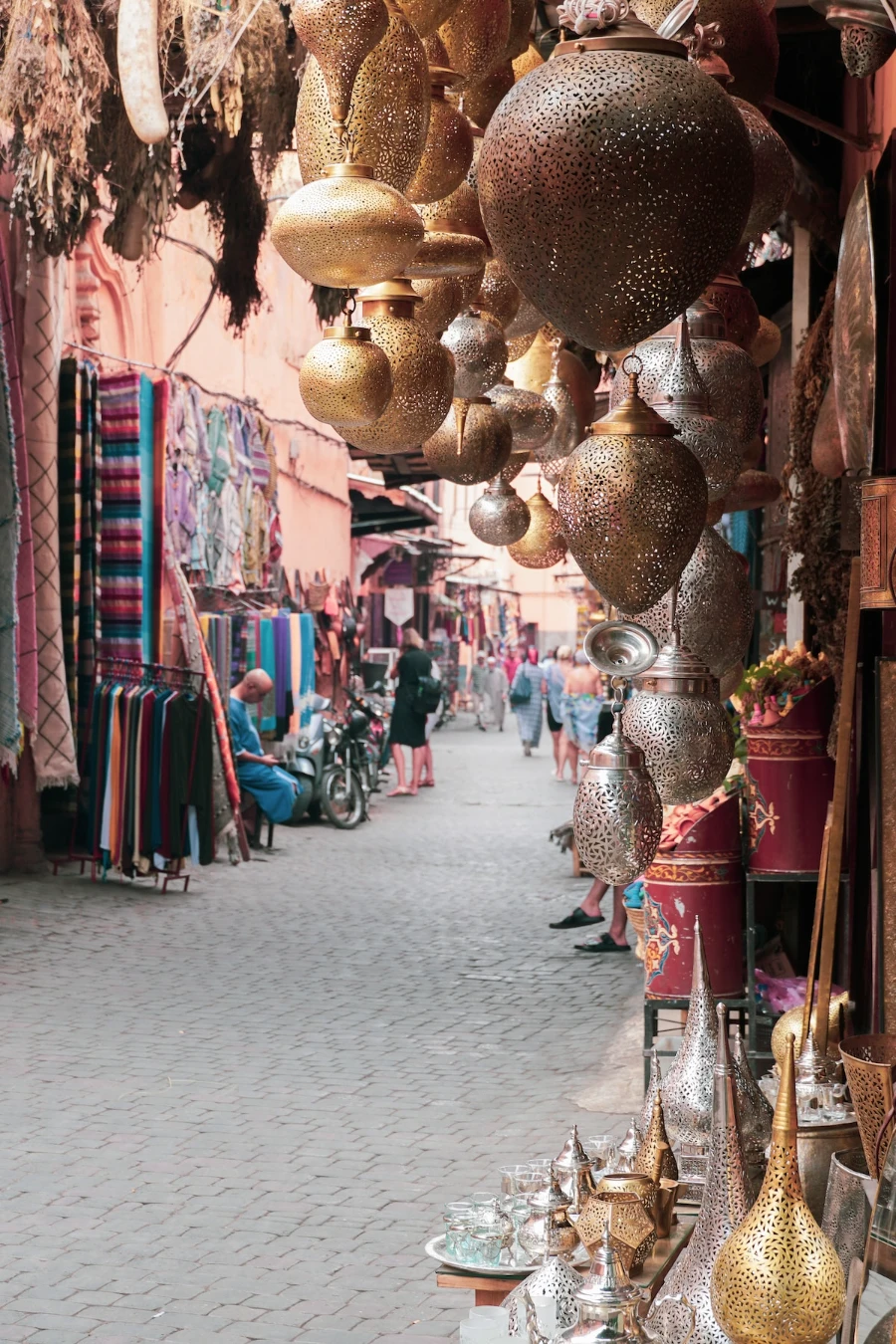
The legendary fashion designer Yves St Laurent considered Marrakech the “Venice of Morocco, a place out of time”. He visited for the first time in 1966 and traveled back a few times each year to design his collections. He drew inspiration from Morocco's people, colors, and light. With his partner Pierre Bergé, he remained actively involved in positively contributing to the country. The renowned Jardin Majorelle and the Musée YVES SAINT LAURENT Marrakech celebrate the couple's “Morrocan passion.”
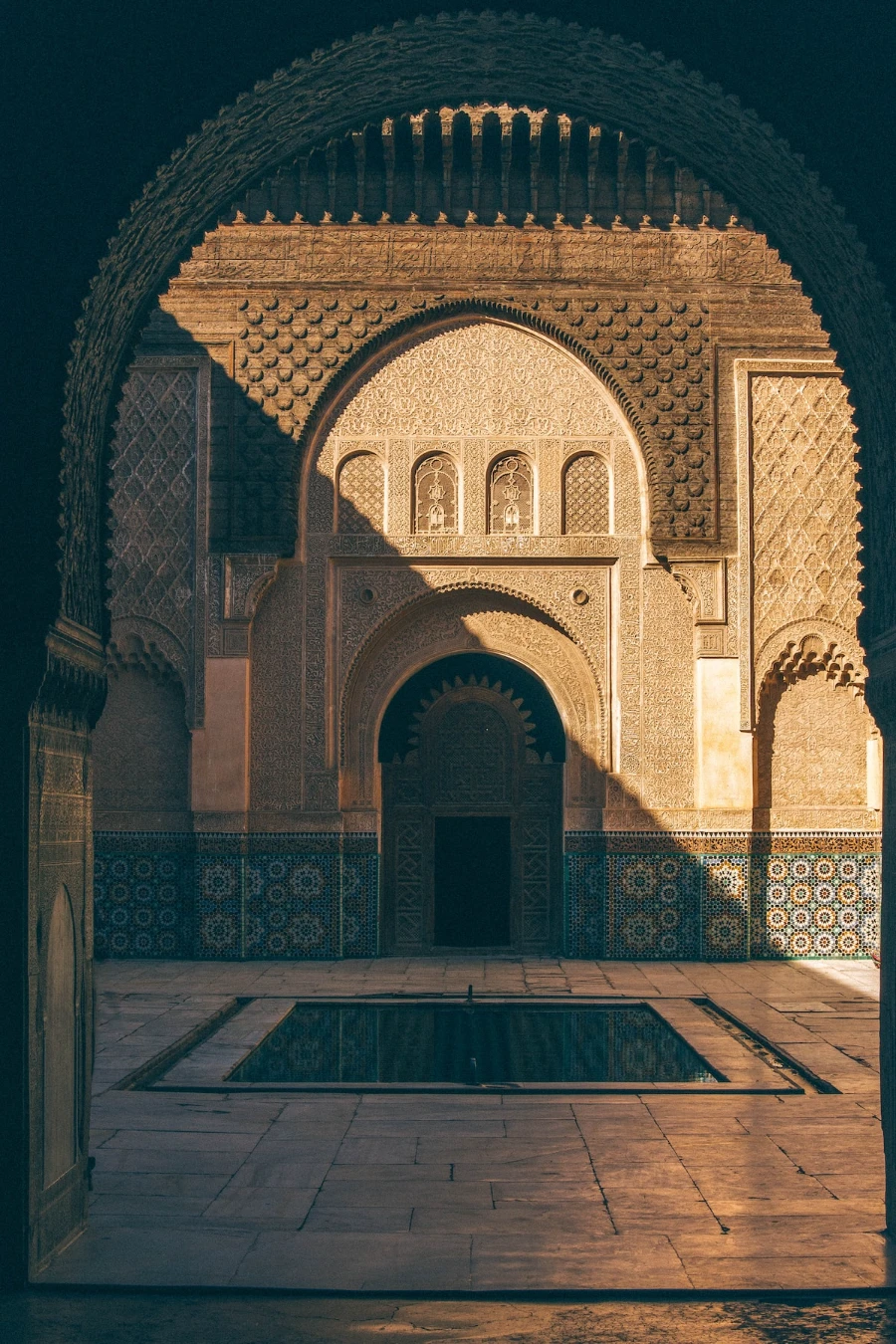
Still a place wrapped in mystery for many, Marrakech is a major economic center and home to mosques, palaces, festive and cultural places, such as the « Palais des Congres » and the splendid Royal Theater, beautiful gardens, trendy bars, and themed venues. The red city showers its visitors with its splendor and diversity and still attracts artists and intellectuals from all over the world.
One of the main cultural spaces and symbols of the city and, more broadly, of Morocco is The Jemaa el-Fna Square, dating back to the 11th century. In this place, ethnic groups, social classes, and generations come together. Located at the entrance of the Medina, this triangular square – surrounded by restaurants, stands, and public buildings – represents a significant place of cultural exchange with a unique concentration of popular Moroccan cultural traditions performed through musical, religious, and artistic expressions. The Jemaa el-Fna square has enjoyed protection as part of Morocco's artistic heritage since 1922.
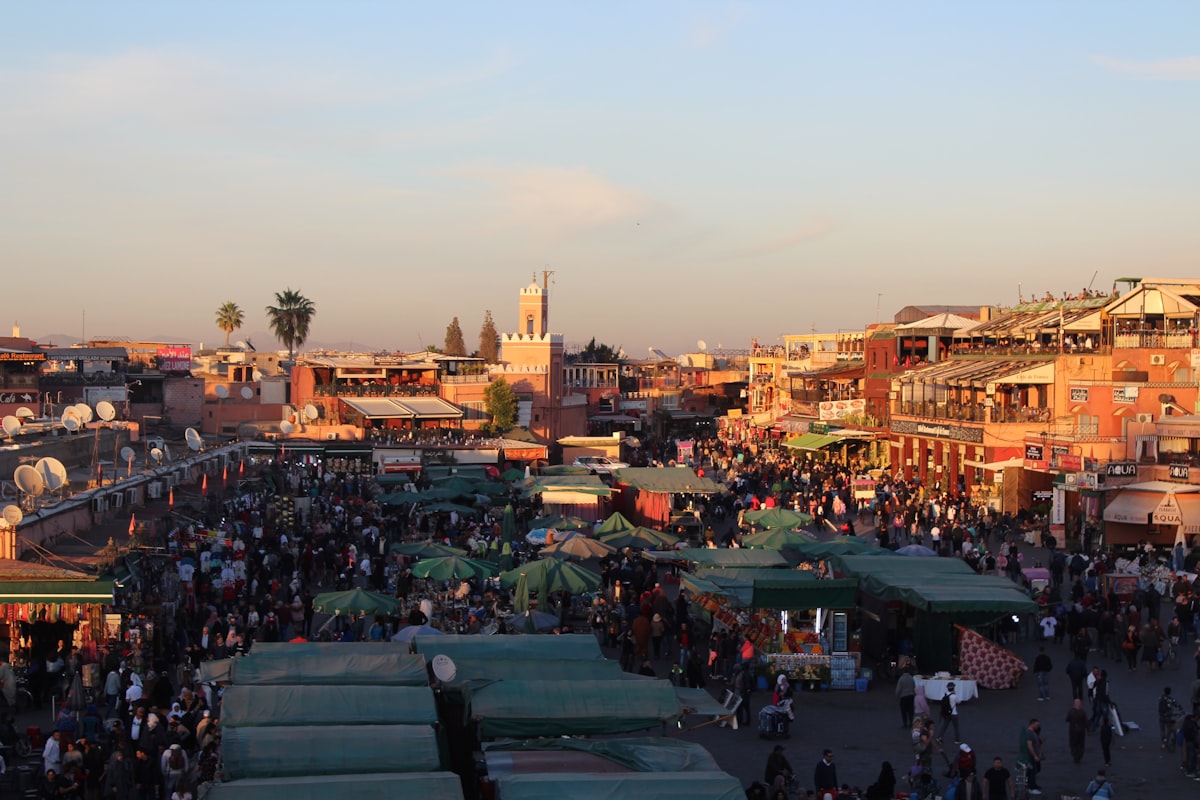
Dating back to the Berber Empire and enclosed within medieval walls forming several gateways, the Medina is the city's beating heart with its densely packed mazelike alleys and souks – the traditional Moroccan markets – a must-visit if you are after the “true” Marrakech. Souks are the perfect place to experience the local vibe, wander for hours, and buy souvenirs, from traditional textiles to pottery and jewelry. Stroll through the Medina, and you will be thrown back in time and through the deep-rooted traditions of Moroccan culture embedded in people's daily life.
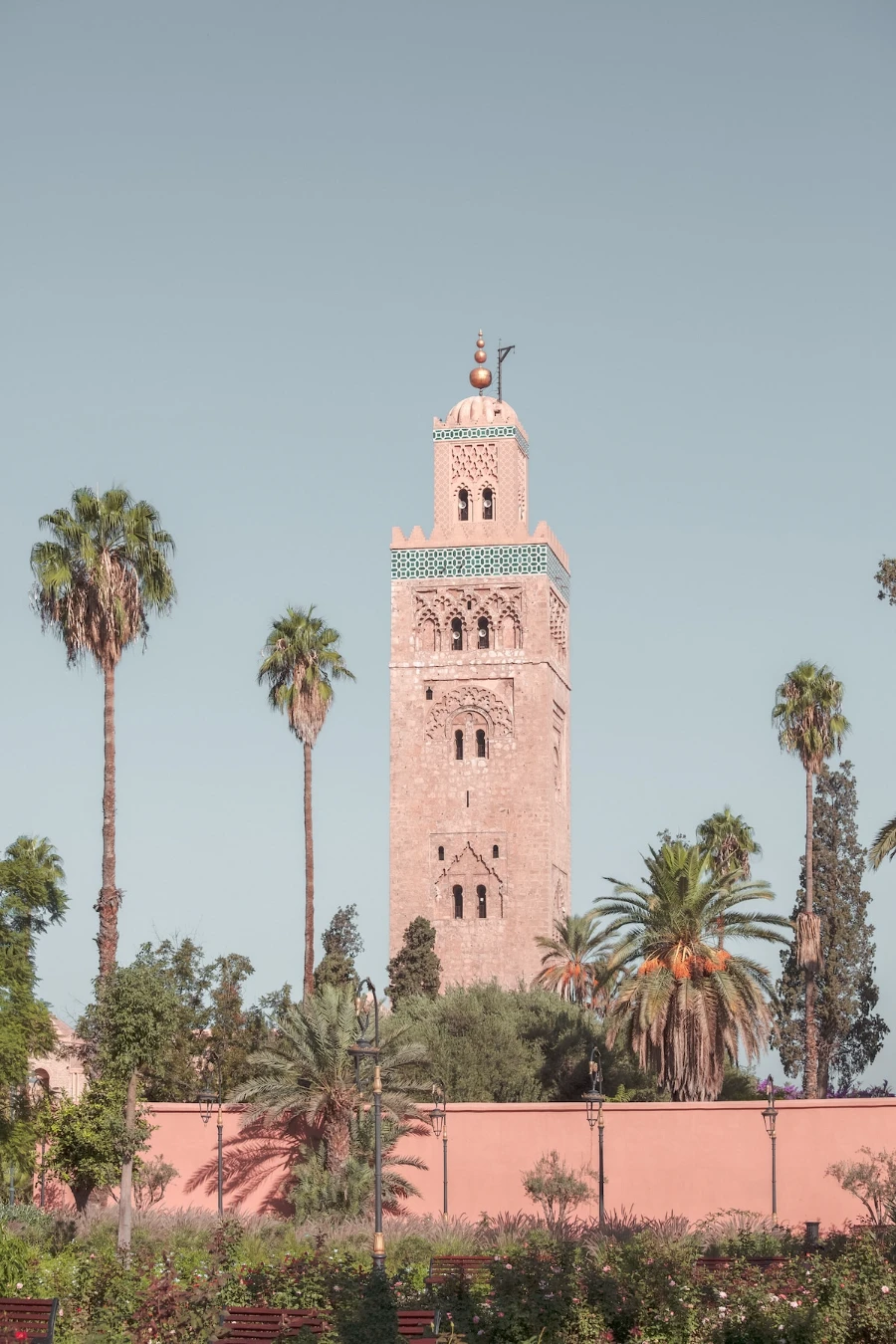
Another famous landmark of the city, visible for miles, is the Moorish minaret of the 12th-century Koutoubia Mosque, the largest one in Marrakesh. The mosque is not only a place of worship but also a symbol of the city's rich history and architectural prowess. Unlike Middle Eastern mosques, which have domed minarets, the minaret of Koutoubia Mosque has a square design. This unique architecture is an Amazigh (Berber) trademark, also found in the Giralda in Seville, Spain, and Le Tour Hassan in Rabat. The Koutoubia Mosque is a must-visit for anyone interested in the city's cultural and architectural heritage.
Marrakech is not the place to stay in a standard hotel. If you want to experience the true Eastern essence, you must spend at least a few nights in a Riad in the heart of the Medina. Riads are traditional, small city palaces built around a garden with a pool and fountain and converted into a hotel. They boast amazing architecture and offer a peaceful oasis in the middle of the hustle and bustle.
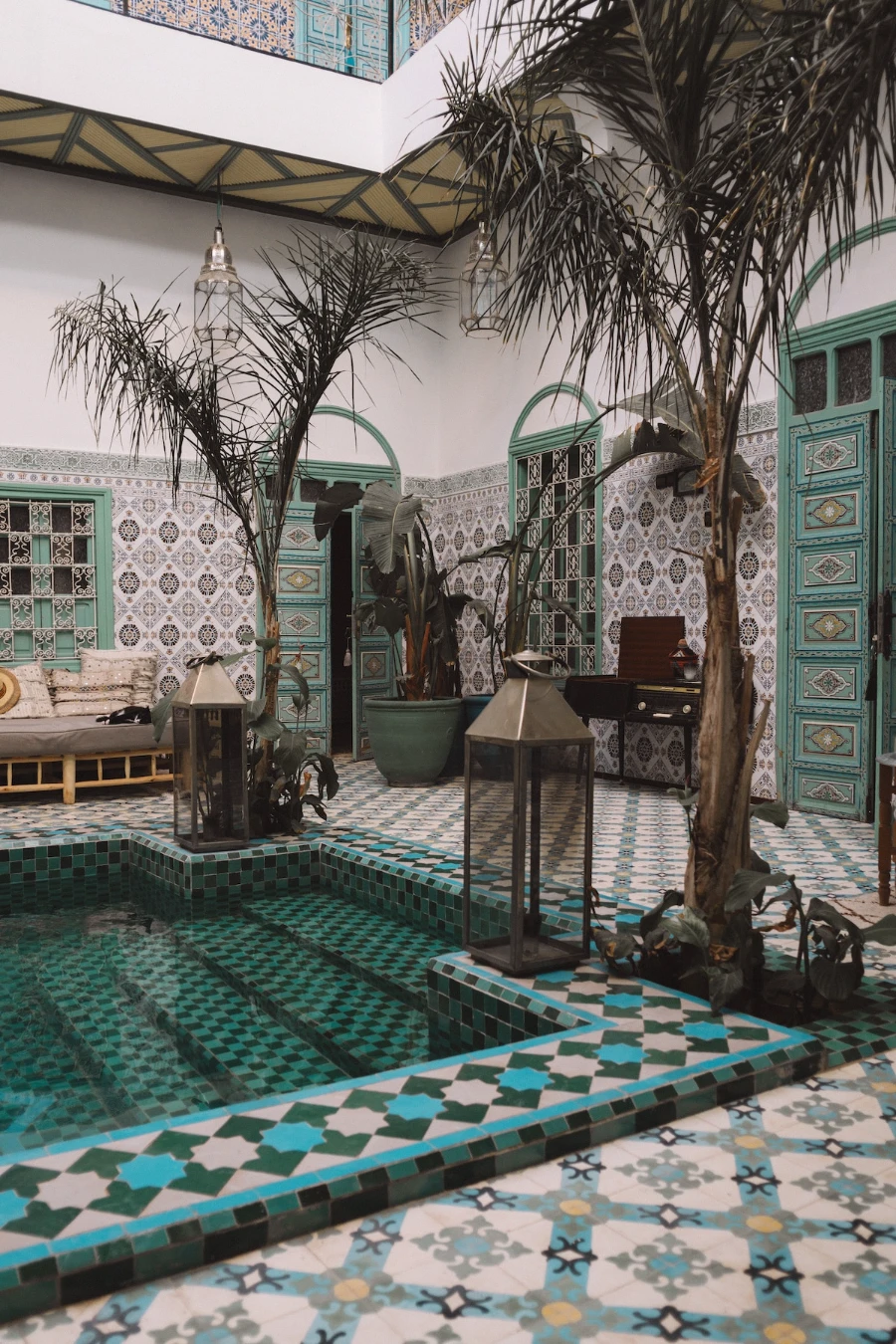
Just as unique as a riad experience is a stay in a desert camp. The Agafay Desert is only a short 45-minute drive from central Marrakech; it is an experience you will remember for a long time. Here you can relax around the camp with yoga and massage, explore the surroundings, or engage in stargazing and learn about the planets and constellations with an astronomy expert.
Charme, authenticity, sophistication, tradition, you name it. When it comes to finding the right place to stay, Morocco's hospitality is second to none.
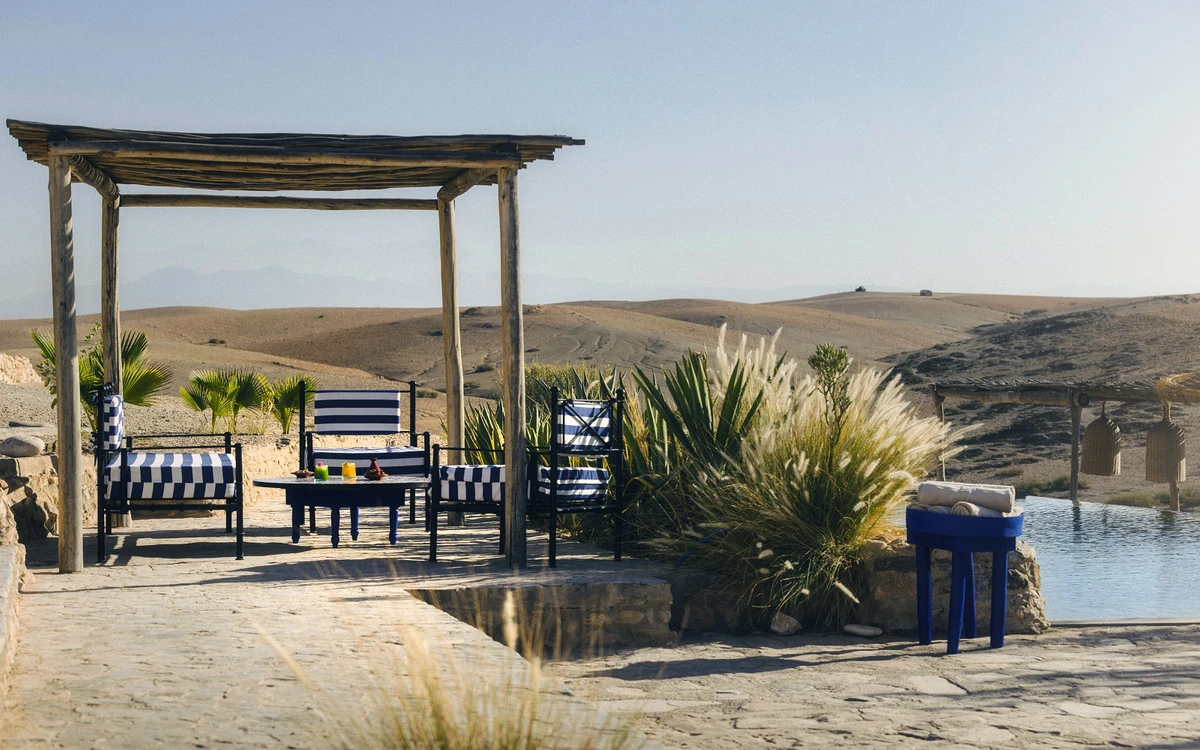
But a Marrakech vacation is not complete without the Hammam experience, a practice learned from the Romans who created the first public bath over 2000 years ago. While for Moroccans, the hammam tradition is also a social event often taking place in beautiful old bath-houses, this treatment is known around the world for being a century-old relaxing and cleansing ritual that uses hot steam to deeply clean and invigorate your skin. Some hammam treatments also use vitamin-E-rich, olive-based soap known for its nourishing and exfoliating properties or antibacterial minerals to safely remove toxins and impurities from the body, reduce sebum, and tighten pores.
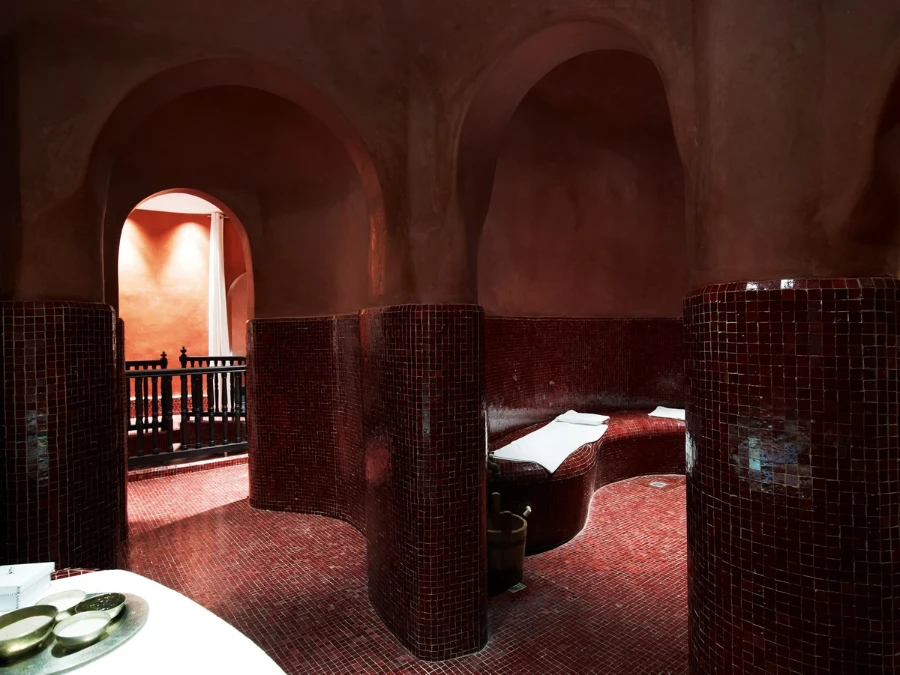
The Hammam at La Mamounia
Thanks to the power of heat and steam combined with intense scrubbing and massage, a hammam treatment boosts the immune system, rejuvenates the body, restores tired, aching muscles, and increases blood flow, stimulating and awakening the senses. You will find it hard to find a more complete and relaxing treatment than a hammam. And you will find it hard not to fall for the charm of this fascinating destination.
About the author
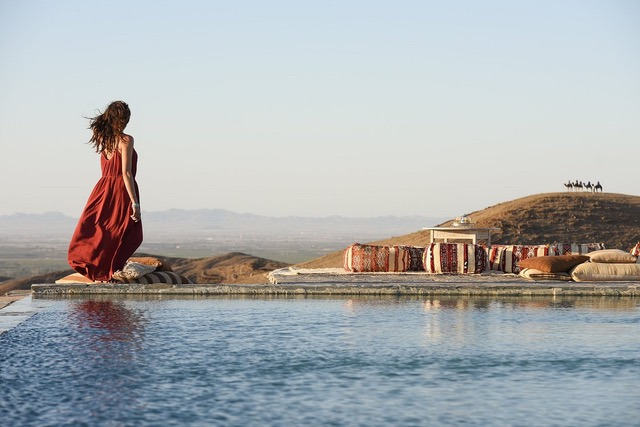
Subscribe
-
 Redefining Luxury as Service, Four Seasons Marrakech
Redefining Luxury as Service, Four Seasons Marrakech -
 Fifty Shades of Blue: Our Favorite Paradise Islands Around the World
Fifty Shades of Blue: Our Favorite Paradise Islands Around the World -
 Melodies of Memory: Faraj Abyad's Journey Through Tradition and Time
Melodies of Memory: Faraj Abyad's Journey Through Tradition and Time -
 Yuji Yamazaki, When Architecture Speaks
Yuji Yamazaki, When Architecture Speaks -
 Blueground and the New Geography of Life
Blueground and the New Geography of Life






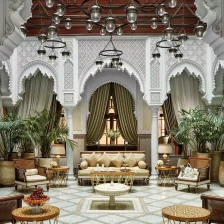
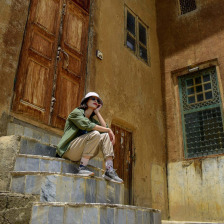
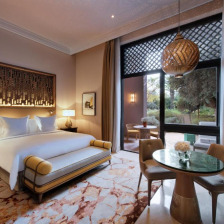
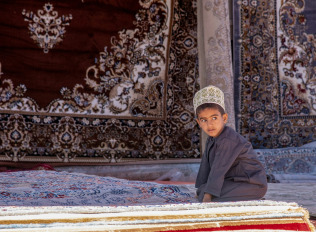
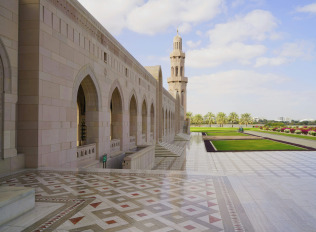
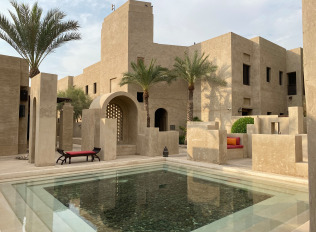

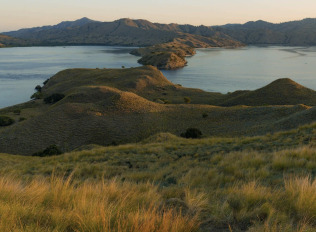
Leave a Reply